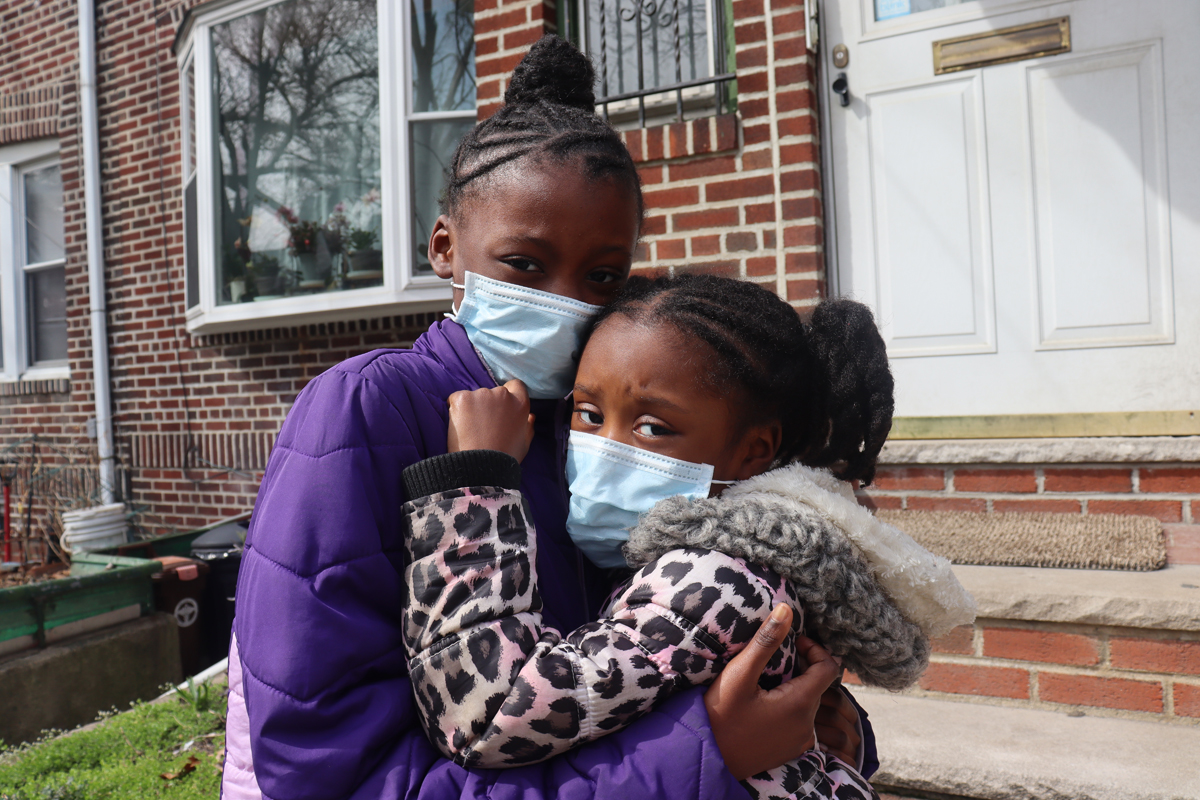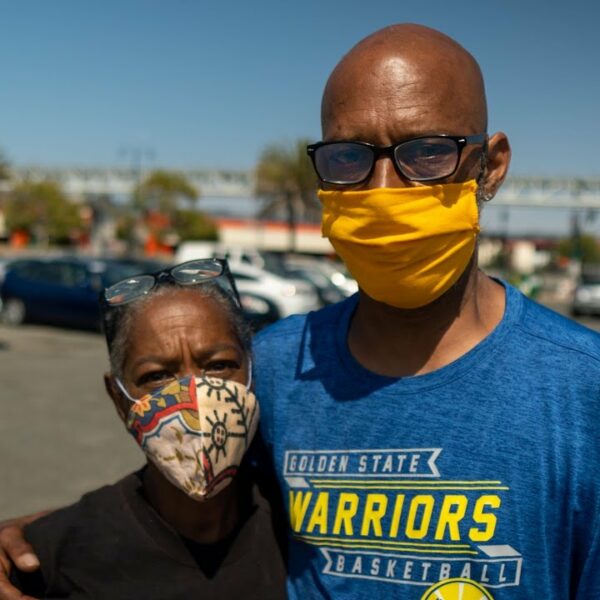Dominating the headlines lately are the staggering numbers of Americans who have lost their jobs due to the coronavirus. Many of those living in poverty have no savings or safety net to fall back on. This begs the question of whether COVID-19 will cause the homeless population to skyrocket.
The unemployment rate is currently 14.7% – the highest it’s been since the Great Depression. Despite these bleak figures, many are hopeful. Seventy-eight percent of layoff-impacted Americans believe they’ll get their jobs back once the coronavirus crisis ends. After all, they only lost their jobs because of temporary closures.
Unfortunately, even if many do get re-employed, this collective loss of income will have catastrophic effects on our economy and individual lives. The truth is that for too many Americans, a brief pause between paychecks is the difference between getting by and suffering on the street.
Do Fewer Jobs Mean More Homelessness?
Sadly, yes. The COVID-19 pandemic will result in many more homeless Americans. A 40-45% increase in homelessness is expected to take place this year. That’s an additional 250,000 sleeping on the streets or in shelters.
These projections are based on an analysis run by Dr. Brendan O’Flaherty of Columbia University. His model uses historical trends, which show that for every 1% raise in the unemployment rate, homelessness increases 0.65 for every 10,000 people. The analysis also takes into account projections for unemployment rates through July, taken from the Economic Policy Institute.
Consider the real-world implications of these figures. Families who would not have been homeless otherwise – who had stable jobs – are now being displaced by a crisis they couldn’t have seen coming, much less prepare for.
The situation is extremely bleak for those living in poverty. Almost 40% of those making under $40,000 in February lost their jobs in March. These are families who were living paycheck-to-paycheck. Missing one month of pay was already likely to plunge them into homelessness. Now we are seeing this play out on a large scale.
Those in the trenches of generational poverty aren’t likely to have a support system, either. The government acknowledged this when, as part of the CARES Act, it forbade evictions and foreclosures. These provisions, while they offer reassurance and protection through the pandemic, have expiration dates.
When these allowances expire, there will be nothing saving struggling families from homelessness.
Even if someone on the brink of homelessness can find a new job, if they owe three months’ rent at the end of the grace period, landlords could demand that money as an insurmountable lump sum.
COVID-19 Will Continue to Place People at Risk
Immediate threats of homelessness aside, the coronavirus pandemic will ultimately serve to deepen the suffering of the poor and tip the scales of the middle class further toward poverty. As hours are cut, wages drop, and tens of millions of Americans are without health insurance, poverty is becoming increasingly prevalent. The price of food – a non-negotiable necessity – is soaring, with the highest increase in April from one month to the next since 1974.
This brings up another important point. Meat packing plants are some of the most critically-affected workplaces in the nation. These plants were already notorious for exploiting workers. Now, it is impossible to work safely in them. Over 10,000 meat plant workers have become infected with COVID-19. They are now missing work and losing income.
Around 30 meat plants have temporary closed due to severe outbreaks, meaning all the plant employees are out of work. Half of all meat-packing employees are immigrants and refugees. Half of those immigrants are undocumented, making them uniquely vulnerable due to lack of resources.
Those who lost their jobs because of the pandemic may be the most acutely affected. However, the population at large will be feeling secondary effects for years to come. This will be especially true for poverty-stricken America.
If Trillions in Stimulus Packages Haven’t Helped, What Will?
What will it take to lessen the burden on the poor and create much-needed prosperity? The government has already put one trillion dollars into the economy through the CARES Act, and is now considering three trillion more. These measures have undoubtedly diverted some suffering. However, they don’t seem to have made a substantial difference in the outlook for the poor.
While more money is helpful to a point, what needs to happen to create lasting change is a shift in values. Otherwise, we are just spinning our wheels, pumping more money into a system that is broken.
Perhaps the catalyst will be looking at the irony of the poorest of us now being deemed the most essential. The meat packing workers, grocery store clerks, janitors, and warehouse workers, among many others, do the work which keeps this country running. Yet, they’re the poorest and worst-treated. Millions of essential workers depend on food stamps, and one in three live in a household earning less than $40,000.
This pandemic has shined a light on just what it means to be an “essential” worker, and how such a foundational contribution to society is rewarded: to be one month’s pay away from homelessness. Although systemic change must happen through sweeping law changes and shifts in wealth distribution, there’s a lot each of us can do to capitalize on this new recognition of the work those in poverty do.
Begin by contacting your lawmakers.
Advocate for the most vulnerable, who also happen to be the strongest among us during this pandemic. Demand better pay and equitable access to housing. When these are achieved, we can finally stop the endless cycle of providing more and more emergency aid. Never stop talking to your lawmakers, even if it is a one-sided conversation.
Next, consider your own financial status to see how you can help. If you can spare some cash, donate to agencies providing rapid re-housing and employment programs. At the very least, invest the money you would spend anyway in your local economy.
Finally, never stop talking about and drawing attention to what poverty-stricken America really looks like. Thanks to the media’s coverage of the COVID-19 pandemic, they are no longer faceless. Never again should they be accused of being lazy or looking for a handout. They’re working hard to make the best of things, just like the rest of us.













